Image courtesy of Prior Park College, Bath
I have always felt a strong sense of restlessness with injustice and particularly discrimination that affects many peoples’ lives so deeply. As a woman, through my own experience or that of others, I have realized the effects of sexism, misogyny and patriarchy that is still very much damaging our society today but that is often overlooked, and I’ve felt driven to address it.
Remembering back to my sixth form days in 2013-2015, I realised my whole year, including myself, severely lacked knowledge and understanding in this topic, which has allowed and continues to allow damaging conscious or subconscious views and behaviours to perpetuate harm in crucial stages of early adult lives.
This topic is also inextricably linked to sustainability (of course another key driver of mine!) in that a more equal society where women are supported, educated and respected as much as men is necessary for not just a stable society, but also for the survival of nature and the effective mitigation of, and adaptation to climate change. (This, eco-feminism, is an interesting topic in itself which is worth becoming familiar with!). This connection is also highlighted in Goal 5: Gender Equality, of the UN Sustainable Development Goals, which were developed in 2015 as ‘a blueprint to achieve a better and more sustainable future for all’.
The above led me to set up a talk I held on January 26th for current sixth formers at my old school Prior Park College (PPC), Bath, to help educate young people at a crucial stage for intervention before they enter early adulthood, on how they can navigate feminism today.
After all, if we want societal norms to change, I believe we have to start with educating the individual! If people can truly understand an issue and how they may be (even unknowingly) provoking it, they can begin to address these behaviours, take action to change for the better and encourage others to do so.
The talk included introductions to common terms and stigmas, an overview of various themes including language, image and appearance in culture and media, a brief history of control through body image, toxic masculinity, and intersectional feminism. I also provided a list of simple, everyday actions they can all carry out to help drive forward feminism today which I’ve included below:
Those who identify as a girl/woman:
Be shameless. Wear and touch and eat and drink what we feel like. Tolerate other women’s choices. Choose your own causes and life stories. Lift each other up.
Don’t be so hard on yourself for not fitting an unattainable standard. It’s an illusion, and it’s always changing (on purpose).
Believe you can achieve whatever you want and don’t just confine yourself to desirability. You are conditioned to chase this as your primary value. This won’t fulfill you.
Befriend and date people who respect women, and don’t just say that they do.
Don’t be afraid to call yourself a feminist!
Those who identify as a boy/man:
ACTIVELY support and uphold women and their voices. Bring women into conversation. Highlight, praise and reward womens’ achievements.
Call out bad behaviour and language. This is only toxic masculinity in action. This is the system that negatively affects you too, although this shouldn’t have to be a reason to act.
Believe womens’ experiences. If someone’s trauma is disregarded, it worsens. Sexism is to be discussed in conversation as a way to highlight its issues or eradicate it, but it is not a debatable issue. It exists.
Pull down your guard, TALK and let other men talk and be who they are. Being brave enough to do this shows you are strong, the opposite of weak.
Don’t be afraid to call yourself a feminist!
I was really impressed with how well the students listened and engaged, and the boys especially asked some great questions to try to understand toxic masculinity and to clear up some common misunderstandings about feminism. I’m so grateful I was able to share my knowledge with this great group of young people and I’d like to say a huge thanks to PPC for having me and bringing back some lovely memories.
I hope to continue sharing in the future, so please get in touch if you’d like to hear from me!


